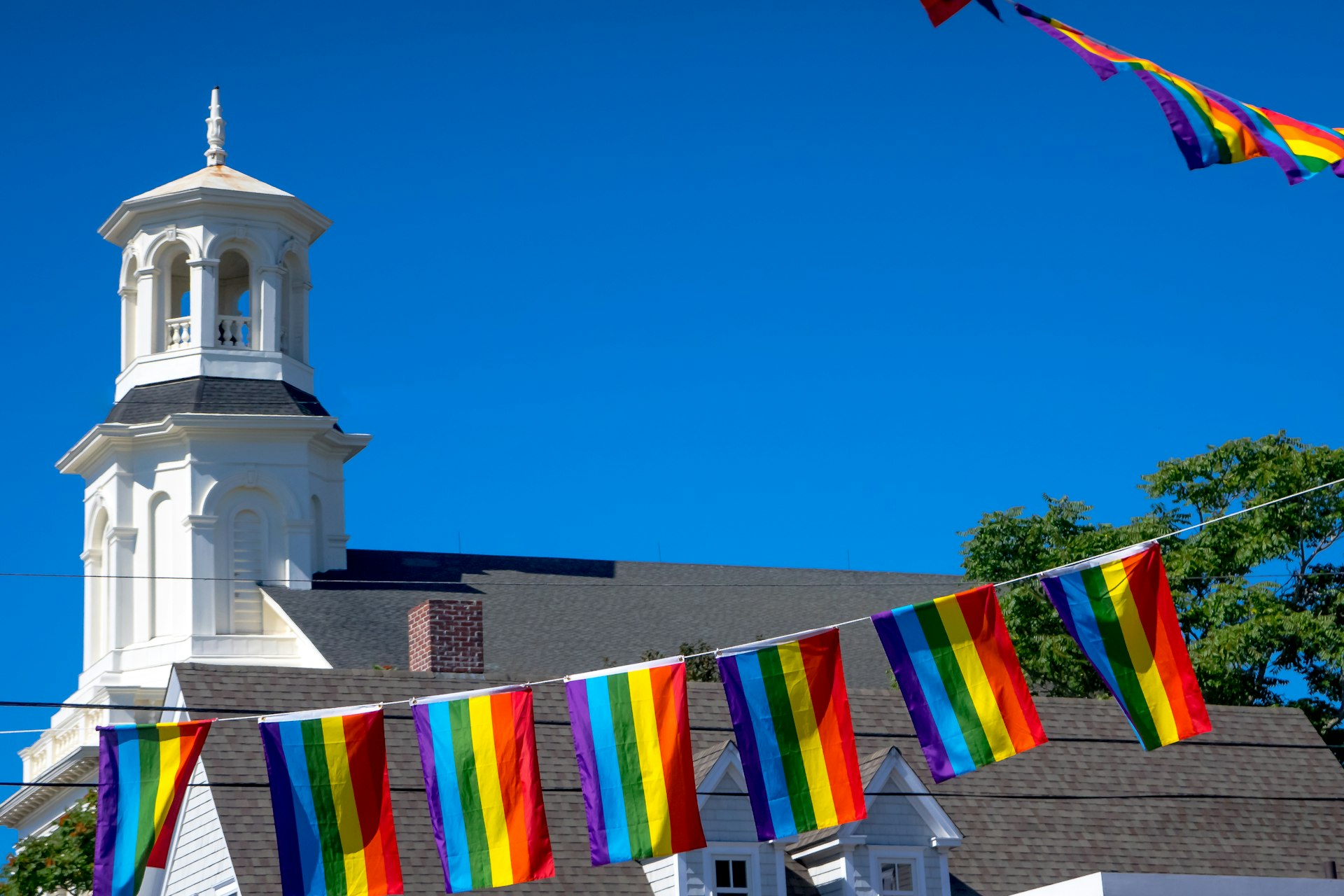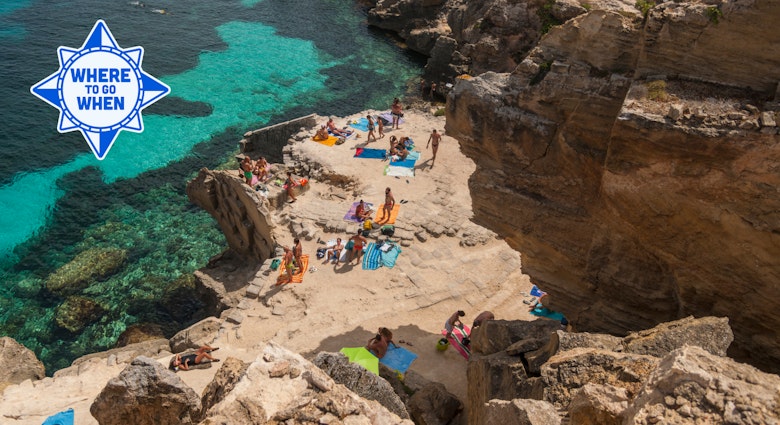The sea, the sun, the sand: it seems like a simple recipe for a perfect vacation. Indeed, traveling in Cape Cod is refreshingly straightforward, but it helps to know some local quirks and conventions.
Remember these top tips and get the most out of your trip. From avoiding the traffic to surviving the sharks, here are 11 things you need to know before you go to Cape Cod.
Planning your trip to Cape Cod
Choose your destination carefully
The long arm of Cape Cod stretches 65 miles out into the Atlantic Ocean. It contains 15 towns, the biggest of which (Barnstable) consists of seven villages. While there are similarities between these towns and villages, there are also notable distinctions.
Some towns shut down seasonally, while others are year-round destinations. Some exude a lazy beachy atmosphere, while others give off the bustle of suburbia. Some places are all about pristine nature and wildlife, while others tout mini-golf and water parks.
And of course, the local beaches might face Buzzards Bay or Cape Cod Bay, Nantucket Sound or the wild Atlantic, all of which offer different beach experiences. So it’s important to know what you want and do your research before choosing where you want to stay on Cape Cod.
Pack for weather fluctuations
During the summer months, Cape Cod is usually about 10 degrees cooler than on the mainland, thanks to ocean breezes. Days are pleasantly warm, with temperatures reaching the high 70s on most days in July and August.
Temperatures drop when the sun goes down, however, so you’ll definitely want to pack a sweatshirt or a jacket. Rain is also possible year-round, but especially in May and June.
The best places to visit in Cape Cod
Time your commute wisely
There are exactly two ways to drive from the mainland to Cape Cod: across the Bourne Bridge and across the Sagamore Bridge. No matter which bridge you take, if you try to cross when everyone else is trying to cross, it’s going to be a slow, frustrating crawl across the bridge. This is easy enough to avoid if you time your travel carefully.
If you’re driving to the Cape in July or August, avoid the bridges on Friday afternoons and evenings (approximately noon to 8pm) and mid-day Saturday (approximately 9am to 3pm).
For your departure from Cape Cod, avoid leaving on Saturday morning (8am to noon) or Sunday afternoon (noon to 6pm).
Another way to avoid Cape Cod traffic is to leave your car at home. The Cape Cod Flyer is a train that travels from Boston to Hyannis on summer weekends, while ferries run daily to Provincetown from Boston and Plymouth. Bring your bike so you have ready transportation once you arrive.
Traffic is less of a problem at other times of year, but during the high season, it pays to be strategic about your travel to and from Cape Cod.

Make restaurant reservations
The good news is that you don’t need reservations to feast on tasty clam chowder, fried clams and lobster rolls at your local seafood shack (which exists in every town in Cape Cod). The other good news is that there are many other tantalizing dining options, offering a diverse array of international and “new” American cuisine and also featuring plenty of seafood.
In July and August, it’s wise to make reservations at these midrange and upscale restaurants. Try to book a week or two ahead of time for a weekend dinner, especially in Falmouth, Hyannis or Provincetown.
Cape Cod etiquette
Expect the unexpected when it comes to local pronunciations
Massachusetts is notorious for its inconsistent and counterintuitive pronunciation of local town names, and Cape Cod is no exception. Most notably, Eastham is pronounced East-ham, even though nearby Chatham is pronounced, well, Chatham (Chat-um).
If you’re nervous about the saying the name of that little village in the town of Barnstable, gain some confidence by remembering this phrase: “Just do it in Cotuit (Cuh-too-it).”
Know thy seafood
While most traditional seafood preparations are straightforward, some of the terminology requires a little explanation:
- Chowder: A thick, chunky soup, usually with a milk base. (By usually, we mean always in New England.) Clam chowder is the most popular, but fish chowder and lobster chowder are also delish.
- Lobster roll: Basically a lobster salad sandwich: steamed lobster on a hotdog roll, dressed with mayo or melted butter.
- Oysters on the half shell: Raw oysters, shucked and served chilled, usually with vinegar or cocktail sauce.
- Scrod: Any young white fish, such as cod or haddock. In other words, the catch of the day.
- Steamers: Steamed clams (as opposed to fried clams).
- Striper: Striped bass, a tasty fish that inhabits Massachusetts waters from May to November (but especially late spring and early autumn).

Get down with the LGBTIQA+ vibe
Cape Cod (and Provincetown in particular) is the hottest LGBTIQA+ destination in the northeast. Expect to see all manner of gender expressions and sexual orientations, out and proud as can be. The vibrant LGBTIQA+ culture is all-inclusive and it is a big reason Provincetown is the unique and awesome destination that it is.
Top tip: Leave a tip
Tip your servers and bartenders – 20% for good service, 25% for an excellent experience.
Keep in mind that these workers in restaurants and bars receive significantly less than the state-mandated minimum wage, on the assumption that they earn tips. (For example, in Massachusetts the minimum wage is $14.25 per hour, but “tipped” minimum wage is only $6.15 per hour.) So the majority of their income derives from their customers, not from their employers. Your tip is part of their living wage, so don’t skimp!
Health & Safety in Cape Cod
Heed the shark warnings
You have probably heard the news: shark sightings have become more frequent in recent years, especially at the ocean beaches on the Outer Cape (including all of the Cape Cod National Seashore beaches).
This does not mean you have to forgo ocean swimming altogether, but it does mean you should take some simple precautions:
- Do not swim alone
- Do not swim where seals are present or fish are schooling
- Always pay attention to lifeguard warnings and flags on all beaches
Mind your smoking and toking
In Massachusetts, it's legal for adults (age 21 or older) to purchase and possess both tobacco and marijuana, but there are plenty of restrictions on their consumption.
Tobacco products are prohibited in any “work place,” which includes bars, restaurants, hotels and public transportation, including taxis. Smoking is also not allowed on most Cape Cod beaches.
Marijuana consumption (in any form) is against the law in all public places, including parks, beaches, streets and sidewalks. It is also illegal to use cannabis in your car.
You will not find any social consumption sites, ie, cannabis cafes, in Cape Cod or anywhere in Massachusetts. Needless to say, if you’re hoping to get high in Cape Cod, your options are limited.
It’s worth noting that smoking pot is prohibited anywhere that smoking tobacco is prohibited, so that includes your hotel room. In short, the only place to partake in Massachusetts – legally – is a private home. So put that in your pipe and smoke it.












